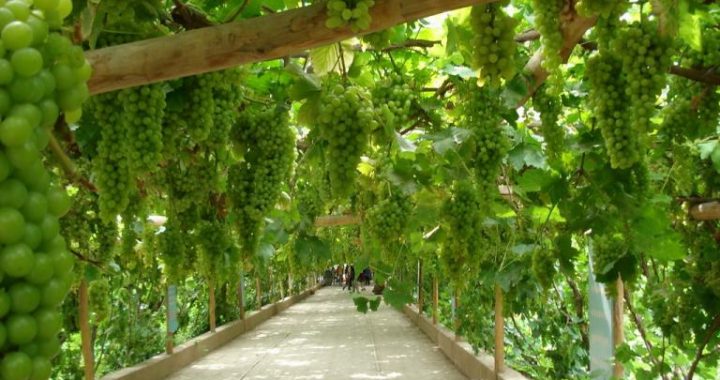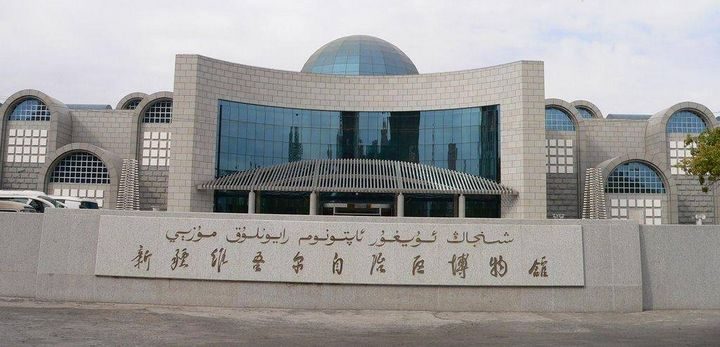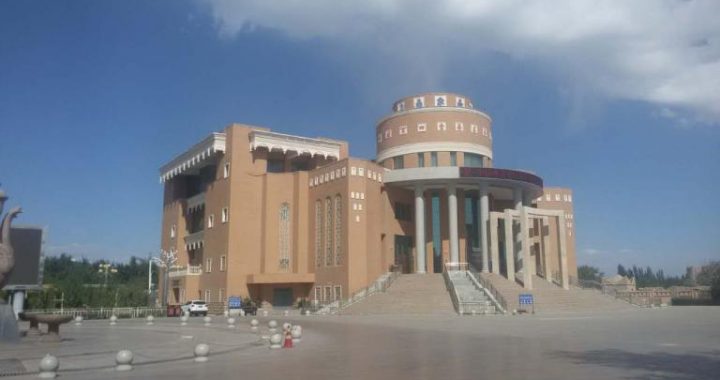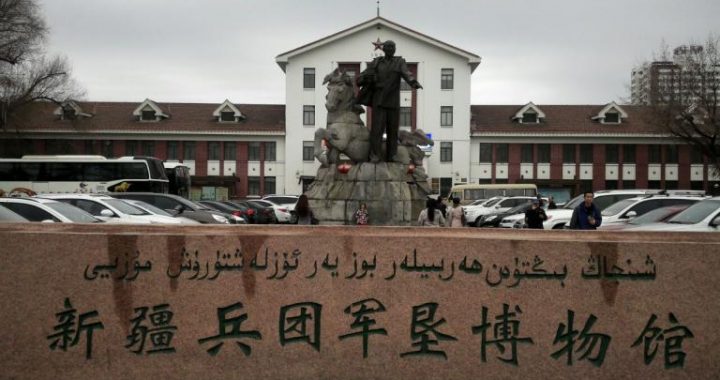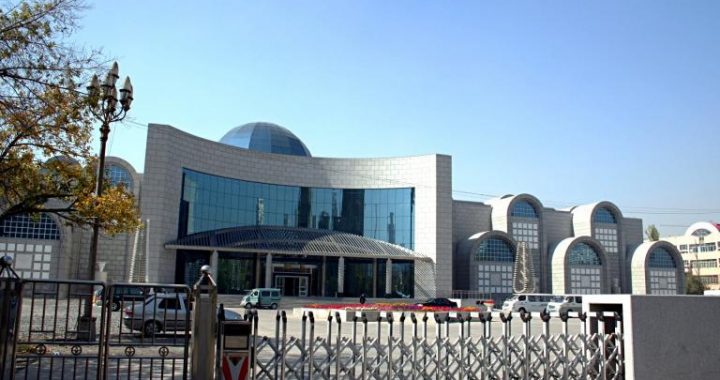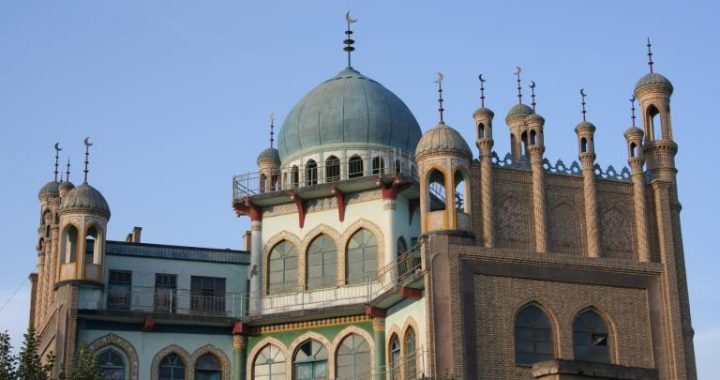Kirgiz people listening to Manas
5 min readManas singing is a form of art most favored by the khaklhas. Traditional white terai hats and costumes of the Khalkhas and goats and horses will be given to manasqis as a token of respect and affection. Madam Lang Ying, the famous expert on Manas in China remarked the khaklhas love epic manas and adore the hero in it. In the progress of formation and spreading of the epic, the khaklhas have placed hero manas the heroic deeds happened in various times, their dreams and wishes as well as their vision and pursuit of happiness and peace. they love Manas, adore and worship him.
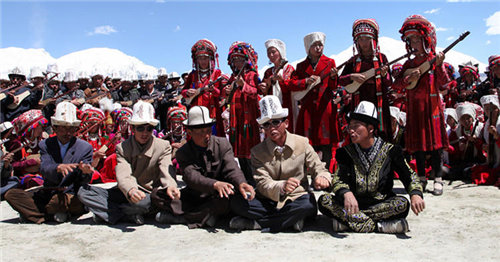
anas singing
Hand-written copy of manas is regarded by the people as a treasure they bind it with sheep skin and hand it down as a family heirloom because they believe that it has the power to protect them from danger. They also believe that travelling with a copy of Manas will secure them a safe journey because the spirit of manas is with them and protects them a pregnant woman who is about to give birth will have a natural labor with a copy ofManas under her pillow. In the mind of the khaklhas, Hero Manas is immortal and will always protect his descendants. The influence of the epic is enormous even in modern times In the 1980s, on the National Traditional Games of Ethnic Minorities held in Atux, capital of Kizilsu Kirgiz Autonomous Prefecture, when the event of Scrambling for the Goat was at the most fierce moment thousands of audience raised their hands and cheered in unison Manas! Manas! from which we could feel the influence of the epic. Just as the well-known Kirghizstan writer Aitmatov said, Where there is the Khaklhas there is Manas “Manas exists ith the kha klas.
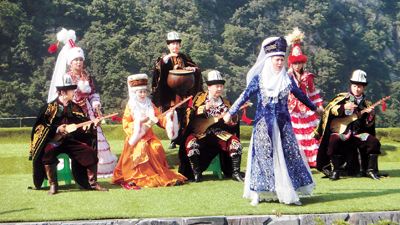
Muztag Ata
Jusup mamay, acclaimed as the “Modern Homer”, was the only Manasq who can sing all the eight parts which includes over 230,000 lines. He and the late Ahmet Mamutjusup were the only two Senior Manasqis after 1949. Although ahmet mamutjusup has passed away his song was left in this world. His tomb, surrounded by mountains and rivers, is located in a corner of this world. the two masters created different schools and styles, like the gemini adding radiance and beauty to each other and offered a feast to the people on the grasslands.
Manas, like a bright star lighting up the night sky of humanity, clearly shows the past and the present of the khaklhas. It was originally produced in the gth 1oth centuries and has been sung for over a thousand years after the refinement of talented singers of the Khaklhas generation after generation, orally spread in the regions inhabited by the Khaklhas in xinjiang.
By listening to the songs about Manas, the khaklhas came to know about their history passed down their culture, learned knowledge and educated their descendants. Thanks to these songs, the khaklhas has come to love life and, found an “encyclopedia”in Manas which is closely related to their life. these songs have built the character of the khaklhas and developed their ability to create.
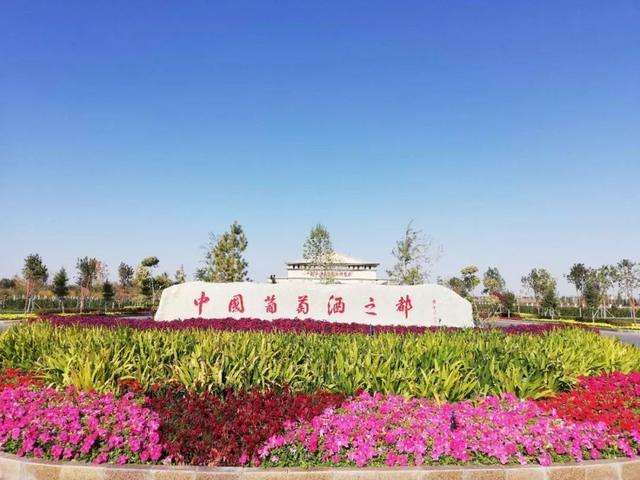
Those who have seen the world or those aged men said that in the remote past there was a place called Yenisey to the northeast of us. It has vast and fertile land without path and hardly reached by humanity. Leaves covered the river bed. In the remote past, a group of people living in this place, and the man who governed the people of yenisey was alimamay khan After he became a khan, his nickname was forgotten Wandering people came to the beautiful prairie and reared children There were four thousand people in the forty tribes and the names Pre-Kirgiz and Kirgiz were spread worldwide. This is how thhaklhas explain their origin, as shown in epic Manas which is the most important proof and source of historical information.
Manas is a history of legends of the Kirgiz ethnic group. The stories in Manas are not restricted to a single area or tribe, but instead in the entire ethnic group. So it plays an mportant role in strengthening the bond between the Khaklhas and heightening the sense of identity. the Khaklhas orally pass down the changes in the long river of history with poetic language and constantly enrich the content of this epic with the wisdom of the entire ethnic group. Manas tells the story about the heroic Manas family of eight generations. These stories took place in various places, from Yenisey, Central asia to the high Pamirs. Manas singing combines creative reciting with improvising and is constantly refined which has brought about many variations.
A herdsman grazing on a motorcycle

eo. The nomadic form of Manas singing is of great historical significance as it best resents the grassland civilization, and like literature of agricultural civilization, reflects the great changes in the history of China. In the meanwhile, Manas is the most splendid representative work of the traditional culture of the Khaklhas and of the literature at the highest level of the Kirgiz ethnic group. It has obtained international reputation and attracted a lot of attention.
When the atmosphere of urbanization and modern civilization reaches this Shangri-la times and is experiencing the shock of new culture In the meanwhile, young peoples wvith surrounded by mountains the traditional treasure Manas is also undergoing changes onging for modern urban civilization, the change in their esthetic psychology the change from nomadic living style to settlement, and the apathetic attitude towards singing iterature has gradually led to the disappearance of the environment and atmosphere ofnomadic singing for Manas. The recorded and collected materials on Manas were limited and will never be reproduced and complemented as elderly Manasiqis passed away successively for aging or ill health the serious lack of successors and the tightly-staffed studying team has all endangered the inheritance of Manas On June 1, 2014, Jusup Mamay departed from the world for ever. However, is there anyone else who can sing the entire eight parts that contains over 230,000 characters? Can Manas as a cultural heritage of humanity proceed with the times and be constantly enriched in the process?
